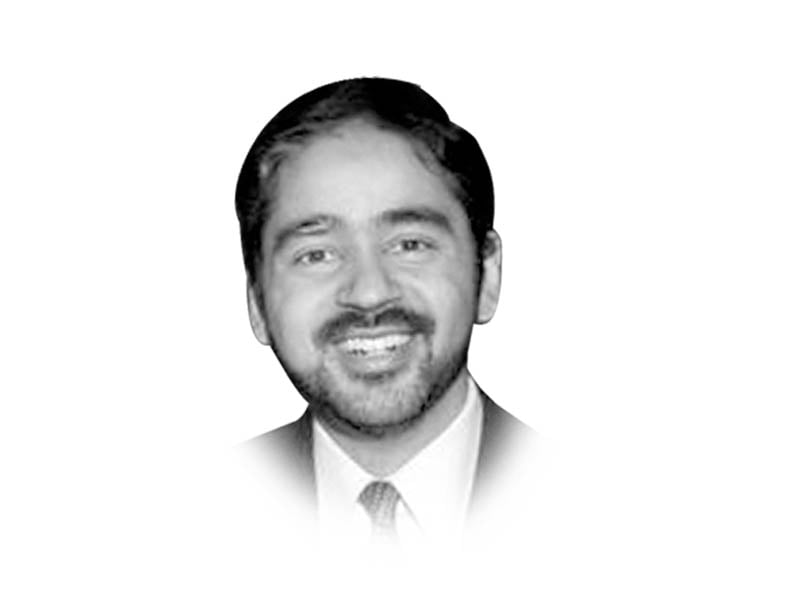
Inside the bubble there is high drama, intrigue, and plenty of twists and turns. Everyone is excited to see how this unfolds. There are theories, hypotheses, and even bets. Outside the bubble, the life drags on, through challenges, difficulties and dysfunction. The characters inside the bubble play musical chairs, embrace or stab — though the wounds heal quickly — but they remain oblivious to the challenges outside. Today the barrier that separates the inside and the outside is greater than it was a month ago. The pretense that those outside the bubble matter has long been dropped. It is as if there is one way mirror — those from the outside can see in, but those inside are neither interested, nor able, to see outside.
Despite the big claims of change and promises before the elections, some of the most acute challenges facing the society remain exactly that — acute. Every single one of these acute challenges hits the poor the hardest. This is despite some tall claims about caring for the downtrodden.
One of the most serious challenges is the environmental catastrophe that is enveloping us all. A tree is a great thing, billion are even better, but they are unlikely to do much when new and ill-thought urban development plans endorsed by the government are destroying our ecosystems. Dependence on, and growth in, coal plants continues to mortgage our future. Urban floods in Karachi and smog in Lahore have a disproportionate impact on those who do not have the luxury of working from home or installing layers of filters on their tall windows. Those in urban informal settlements in Rawalpindi are always one serious rain away from losing their lives and livelihoods. Talking endlessly about trees is not going to help those at the bottom rung of the socio-economic ladder.
The second is the state of education. Again, the attempt to solve the problem has been off-target. The single national curriculum is unlikely to bring tens of millions of our children back to school, develop enabling and safe environments to learn for girls in rural and urban areas or train teachers who lack incentive, interest or capacity to teach. At higher education level, the problem is even more acute. Egos and not ethics are shaping policy.
The third — and perhaps the most serious — is how we are treating minority communities. In the name of religion, communities are persecuted, individuals targeted. The language is toxic and the actions evil. Even when someone is lynched in broad daylight, the ministers defend the action as a consequence of youthful zeal. The attack is not just on religious minorities but also on ethnic groups who are without social or political agency. Discussion of national problems is equated with morality that is defined by the attire of women. This is despite the stated goal of building an equitable society. The list, unfortunately, is a lot longer than the three challenges I mentioned in the paragraphs above.
While those in power have a great responsibility to deliver, those who are vying for power are just as uninterested in seeing outside the bubble. The entire tussle is playing out in the solutions-free zone. There is no alternative, no idea or no approach that aims to tackle the pressing issues in environment, education or equity. Rather, there is a race to the bottom when it comes to bigotry.
For decades we have been hearing claims that vacillate between how great we are to how we are too weak to stop the foreign hand. For decades, we are told that every fight is the final battle between good and evil. For decades, we are told that the other side is the epitome of evil. But if we look closely, we will realise that there is no other side. It has been the same people all along.
The person outside the bubble is still waiting.














COMMENTS
Comments are moderated and generally will be posted if they are on-topic and not abusive.
For more information, please see our Comments FAQ